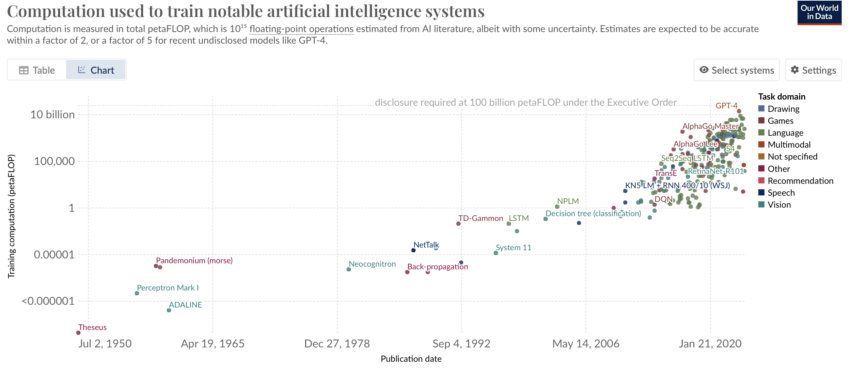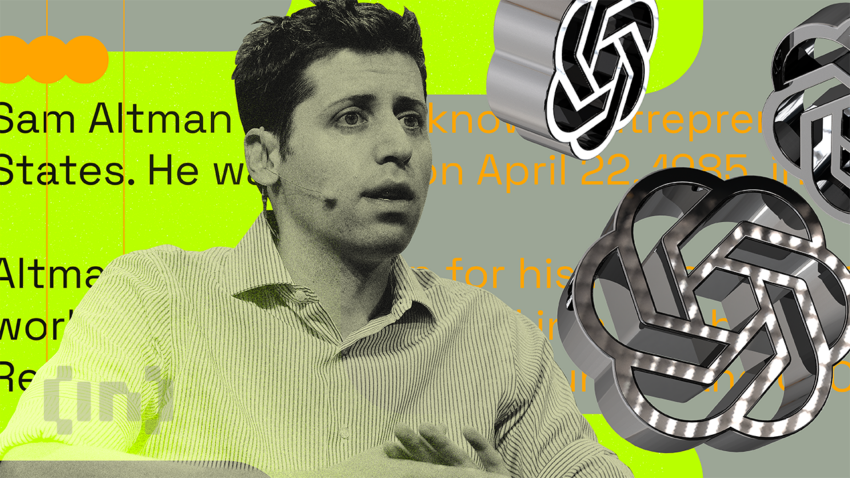The New York Times (The Times) has sued OpenAI and Microsoft for using its intellectual property (IP) to train artificial intelligence (AI) algorithms without compensation. The Times alleges the companies used its journalism to become a competing content creator.
The New York Times alleges that discussions around compensation have proved fruitless and seeks unspecified damages from the ChatGPT maker and its cloud partner, Microsoft. OpenAI expressed surprise at the lawsuit, claiming it engaged in constructive talks with the company, while Microsoft did not comment.
OpenAI Could Argue Fair Use With New York Times
According to the New York Times, Microsoft and OpenAI “profit[ed] from the massive copyright infringement, commercial exploitation and misappropriation of The Times’s intellectual property.” It accuses them of taking a free ride to create humanlike content.
Read more: Will AI Replace Humans?
The Times is the latest media company concerned its content will become grist for AI models to generate content. Models like ChatGPT train on sometimes hundreds of gigabytes of data to develop responses to wide-ranging questions. How this data is used has been a point of contention for content creators.

Read more: Best ChatGPT Alternatives You Can Use in 2024
AI groups have said that using information on the open internet constitutes “fair use.” They say that judges in other cases have exonerated defendants who used copyrighted materials in “transformative ways.” In a recent case in California, the judge ruled that outputs from Meta’s AI differed from the plaintiffs’ works.
How AI is Affecting Content Creators
Lawsuits like the one filed by The Times have prompted content creators to consider new revenue models. This month, German publisher Axel Springer licensed content from news outlets Politico, Business Insider, and others to OpenAI for a multi-million-euro sum. The boss of German media company Bertelsmann, Thomas Rabe, said the varying quality of AI books could venerate respected authors.
In August, Google reportedly discussed ways artists could be paid if their content is used by algorithms with UMG and Warner Music. The same week, Warner’s CEO said that “the right framework” could help artists license fans to experiment with copyrighted content.
Grimes, an independent artist, has offered to split royalties with fans. LimeWire, a Web3 platform, allows artists to earn royalties in its LIME token when their content is used. YouTube announced a new team in August to combine AI and music in a way that benefits artists and fans.
Do you have something to say about the New York Times’s lawsuit against OpenAI, how the revenue landscape is changing for content creators, or anything else? Please write to us or join the discussion on our Telegram channel. You can also catch us on TikTok, Facebook, or X (Twitter).
Disclaimer
In adherence to the Trust Project guidelines, BeInCrypto is committed to unbiased, transparent reporting. This news article aims to provide accurate, timely information. However, readers are advised to verify facts independently and consult with a professional before making any decisions based on this content. Please note that our Terms and Conditions, Privacy Policy, and Disclaimers have been updated.


